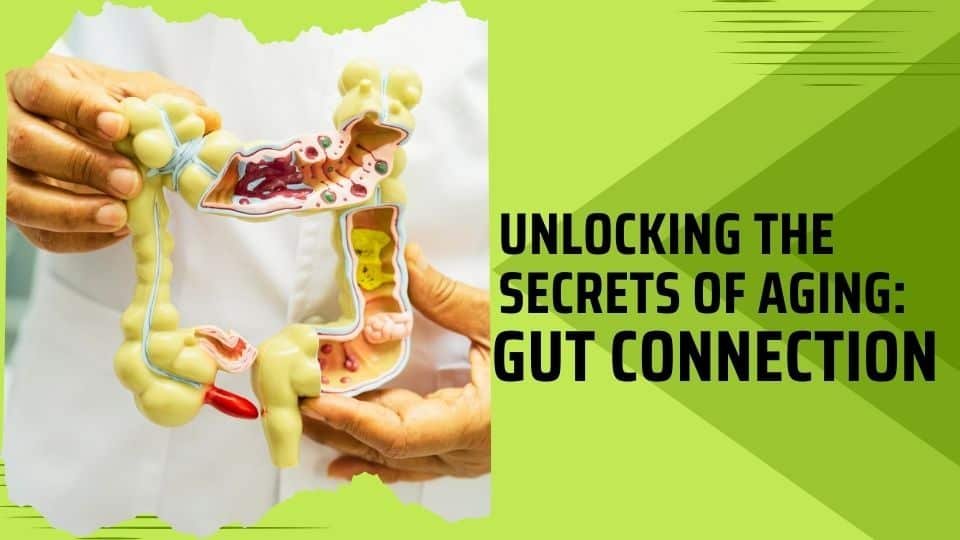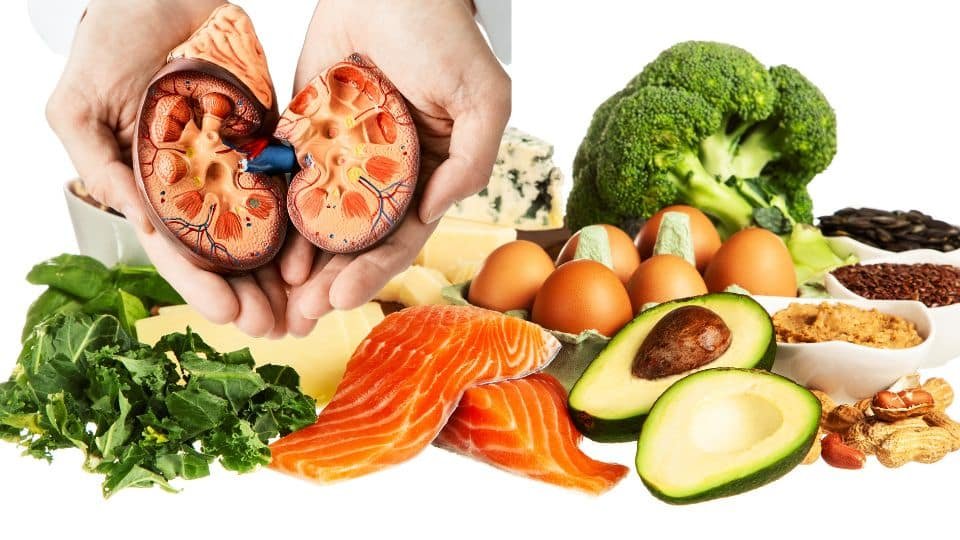Welcome! Today, we have some groundbreaking research to share with you. Are you ready to discover how the ketogenic diet can revolutionize the lives of women with polycystic ovary syndrome, commonly known as Polycystic ovary syndrome (PCOS)? Let’s jump right into it!
Have you heard about the ketogenic diet? It’s a high-fat, low-carb eating plan that has been creating ripples in the health and fitness world. But what if I told you this diet could hold significant benefits for women struggling with Polycystic ovary syndrome? Let’s explore!
Polycystic ovary syndrome is a hormone disorder affecting 7 to 10% of women of childbearing age, and it can bring along a host of health challenges. Think infertility, diabetes, obesity, and more. However, this study suggests that the keto diet might hold some promise for women dealing with Polycystic ovary syndrome.
Now, let’s talk about the keto diet. It’s a high-fat, low-carb eating plan that has been making waves for its potential benefits. And for women with Polycystic ovary syndrome, these benefits could be significant.
The study’s lead author, Dr. Karniza Khalid, tells us that they found a link between the keto diet and improved reproductive hormone levels, which are crucial for fertility in women with Polycystic ovary syndrome. That’s a game-changer!
So, what did the researchers do? They conducted a meta-analysis of clinical trials involving women with Polycystic ovary syndrome who followed the keto diet. They looked at reproductive hormones like follicle-stimulating hormone, testosterone, and progesterone, and tracked their weight changes.
Here’s the exciting part: Women with PCOS who stuck to the keto diet for at least 45 days experienced significant weight loss and improved reproductive hormone levels. Their follicle-stimulating hormone ratio dropped, hinting at a better chance of ovulation. Plus, their testosterone levels decreased, which could help alleviate symptoms like excess facial hair growth.
You can also view this article: Revolutionary Discovery: The Ketogenic Diet’s Astonishing Impact on Polycystic Kidney Disease!
Now, what does all of this mean for women with PCOS? It implies that personalized diet recommendations could play a crucial role in managing the condition alongside medical treatment. Endocrinologists, gynecologists, and dieticians should take note of these findings to better support their patients.
This research opens up new possibilities for women with PCOS, offering hope for improved fertility, weight management, and overall well-being.
And there you have it, folks! The keto diet might just be a valuable tool in the fight against PCOS. If you’d like to dive deeper into this study, check out the Journal of the Endocrine Society, whose link is provided in the description section for more details.
Remember, fitness is empowerment; together, we can conquer any challenge!
Glossary:
- Polycystic Ovary Syndrome (PCOS): A common hormonal disorder in women that can lead to symptoms like irregular periods, enlarged ovaries, and elevated levels of male hormones, often causing infertility and other health issues.
- Ketogenic Diet (Keto Diet): A high-fat, low-carbohydrate diet designed to induce a state of ketosis, where the body uses fat as its primary energy source. It has gained attention for potential health benefits.
- Journal of the Endocrine Society: A scientific journal that publishes research on hormones and endocrinology, where the keto diet and PCOS study was published.
- Meta-analysis: A research method that involves analyzing data from multiple studies to draw broader conclusions and identify patterns or trends.
- Reproductive Hormones: Hormones, such as follicle-stimulating hormone, testosterone, and progesterone, play a vital role in the female reproductive system and fertility.
- Follicle-stimulating Hormone (FSH): A hormone produced by the pituitary gland that stimulates the growth of ovarian follicles and plays a crucial role in the menstrual cycle.
- Testosterone: A male sex hormone present in both men and women, though in differing amounts, responsible for various functions, including muscle mass and hair growth.
- Ovulation: The release of an egg from the ovary during a woman’s menstrual cycle, an essential step in fertility.
- Journal of the Endocrine Society: A reputable scientific journal that publishes research related to hormones and endocrinology, where the study on the keto diet and PCOS was published.
- Infertility: The inability to conceive or carry a pregnancy to term despite trying for an extended period, often associated with underlying medical conditions.
- Hormone Disorder: An imbalance or dysfunction in the production or regulation of hormones, which can lead to various health issues.
- Ketosis: A metabolic state in which the body primarily uses fat for energy production, often achieved through a ketogenic diet.
Journal Reference:
Karniza Khalid, Saraswathy Apparow, Irma Liyana Mushaddik, Amalina Anuar, Syed A A Rizvi, Anasufiza Habib, Effects of Ketogenic Diet on Reproductive Hormones in Women With Polycystic Ovary Syndrome, Journal of the Endocrine Society, Volume 7, Issue 10, October 2023, bvad112, https://doi.org/10.1210/jendso/bvad112



 By
By










